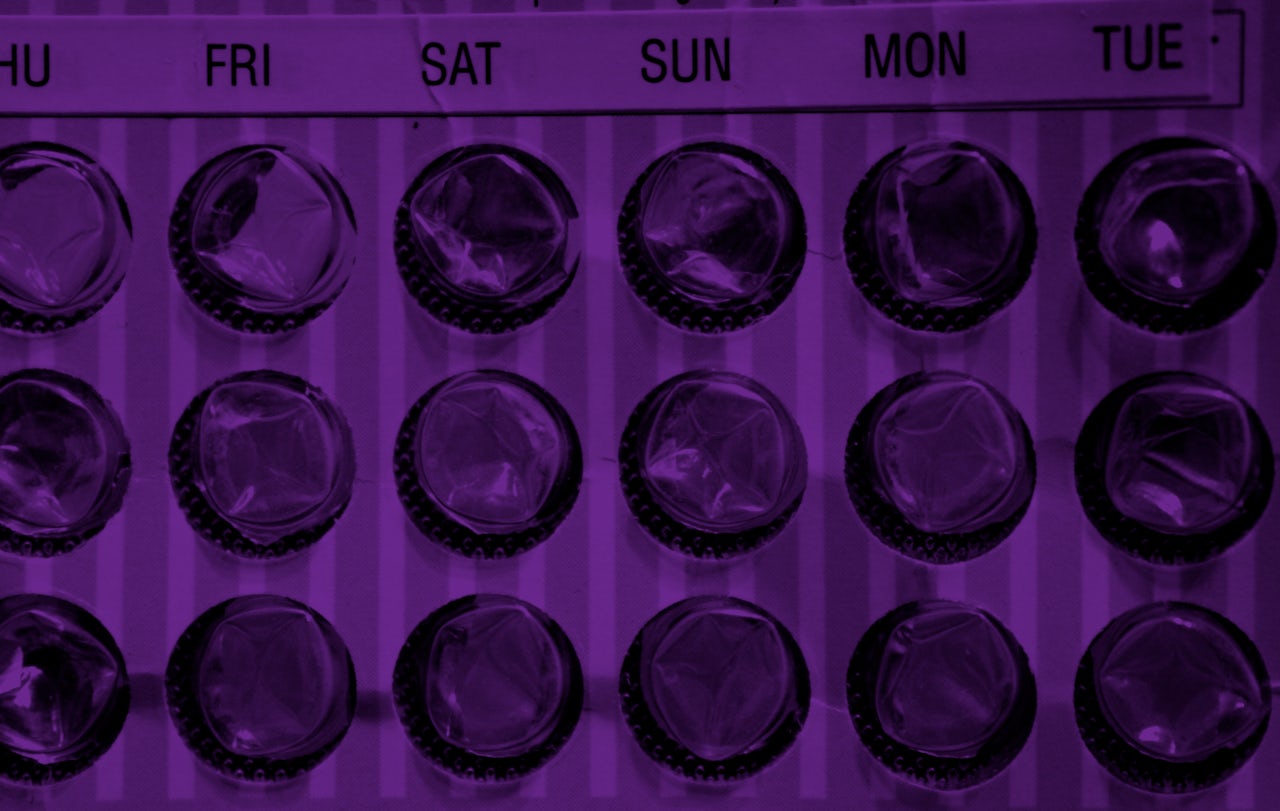The number of Americans dying of cancer has dropped to a 25-year low, equaling an estimated 2,143,200 fewer deaths in that period, says the new annual report from the American Cancer Society. In that time, the racial and gender disparities that exist in cancer rates have also narrowed somewhat, but they remain wide in many places.
Though the incidence of cancer remained stable for women and dropped slightly — by 2 percent — in men, rates remain overall 20 percent higher in men while rate of death for men is 40 percent higher than in women. The rates of both incidence and death vary wildly based on the type of cancer. The data that the ACS is using run through the end of 2014 for incidents of cancer and through 2013 for deaths.
Lung cancer remains the leading cause of cancer death in the United States for both men and women. Overall, lung cancer rates are continuing to decline faster in men than in women, as historically women took up smoking in larger numbers than men and were, according to their data, slower to quit. The ACS predicts that the largest number of new cancer diagnoses — nearly 300,000 of them — for men will be prostate cancer, while the largest number of new cancer diagnoses for women will be in the form of breast cancer.
The ACS reports that though the cancer death rate remains 15 percent higher for blacks than whites for 2014, the passing of the "Patient Protection and Affordable Care Act may expedite the narrowing racial gap." The data shows that from 2010 to 2015 the number of uninsured blacks was cut in half, from 21 percent to 11 percent, while the number of uninsured Hispanics fell from 31 percent to 16 percent.
The decline in deaths from cancer is attributed largely to the fact that fewer people smoke — from about 42 percent in 1965 to 17 percent in 2013 — as well as earlier detection for certain types of cancer.


